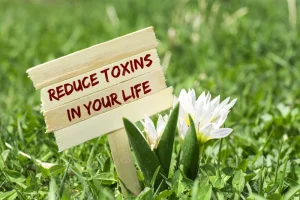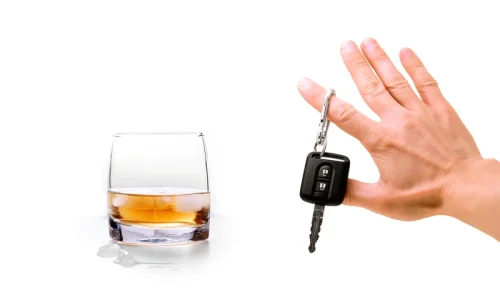
Because he is a member of a support group that stresses the importance of anonymity at the public level, he does not use his photograph or his real name on this website. A support group such as Al-Anon Family Groups may also be a helpful source of support when you have someone in your life with a drinking problem. The group can give you a place to get social support and encouragement from others going through a similar situation. The contemplative stage ends with the decision to make a change, yet further steps such as preparation, action, and later maintenance and likely relapse are usually needed before the addiction is controlled. Natural consequences may mean that you refuse to spend any time with the person dependent on alcohol.
- Your journey to understanding and healing starts with education and awareness.
- Many people with AUD drink more than they intend to but want to believe they are still in control of their drinking.
- This deflection helps them maintain control over how others perceive their drinking while avoiding facing the reality that they may have an unhealthy relationship with alcohol.
- And not everyone with alcohol use disorder experiences it the same way.
Don’t Enable

On the other hand, those around her were willing to help turn her resistance to rehab into a financially profitable pop tune. Lucre for them on the back of her suffering, though she was a alcoholism and denial willing partner in this public display of self-harm. Out of love and concern, family and friends may often unintentionally enable or make excuses for their loved one’s drinking behavior.
Recruitment of original SDPS probands

Keep in mind that someone with alcohol dependence usually goes through a few stages before they are ready to make a change. Until they begin to contemplate quitting, any actions you take to “help” them quit will often https://ecosoberhouse.com/ be met with resistance. Substance use disorder is a primary, chronic, and progressive disease that sometimes can be fatal. No matter your background or expertise, your loved one will likely need outside help.

Alcoholism Is Stigmatized
But someone in denial can choose a different person, place, or thing to target. People who deny they have a problem with drinking don’t need to change their habits or alter their lives. The challenges faced in this arena have provided her with a strong base of practice in assessment, treatment, and case management. By focusing on enhancing self-awareness and overcoming the stigma around seeking help, you can take crucial steps towards regaining control of your life and overcoming alcoholism. One critical component in the recovery process is finding a suitable treatment center. It’s essential to explore all available options and ensure that the chosen facility is equipped to meet your needs and provides evidence-based methods for treating alcohol use disorders.
- A support group such as Al-Anon Family Groups may also be a helpful source of support when you have someone in your life with a drinking problem.
- You may use denial as a way to protect yourself from having to see, deal with, or accept the truth about what’s happening in your life.
- If you think someone you know is in denial about their drug or alcohol use, try to be understanding and supportive.
- This stigma creates shame, guilt and fear in individuals who are addicted to alcohol.
Mental Health Services

Try to think objectively about the little and big ways alcohol or drugs play a role in your life. People who overuse alcohol and drugs tend to have a hard time dealing with their emotions. You may rely on alcohol and drugs to help you escape from your feelings. She was also darkly depressed and felt isolated, though family and friends say they tried to reach her.
- They could cite a holiday, celebration, or the upcoming weekend as good reasons to start drinking.
- If you cover for your loved one by lying to their boss, for example, they won’t experience the negative consequences of their drinking and will remain in denial.
- You’re likely to start by seeing your primary health care provider.
- If your loved one has become addicted to alcohol, however, their brain chemistry may have changed to the point that they are completely surprised by some of the choices they make.
- Instead, try empathizing with the underlying concerns they may have.
Patient Care Network
Addiction Denial: Symptoms, Behaviors & How To Help
- Preparing and anticipating questions will help you make the most of your appointment time.
- Within the same interview session 67% of SDPS probands with current AUDs and 82% of current AUD offspring endorsed enough alcohol problems to meet DSM-IV AUD criteria but denied having a general alcohol problem.
- When someone with alcohol dependency promises they will never drink again but a short time later are back to drinking as much as always, it is easy to take the broken promises and lies personally.
- In conclusion, denial of a general alcohol problem by individuals who admitted to multiple AUD criteria items was quite common in the SDPS, despite prodigious maximum drinking quantities.
- People might convince themselves or others that their drinking falls within the “normal” range.

